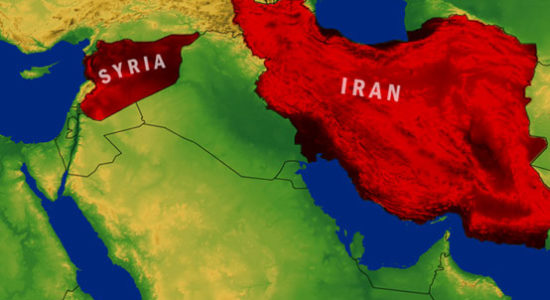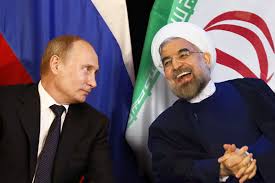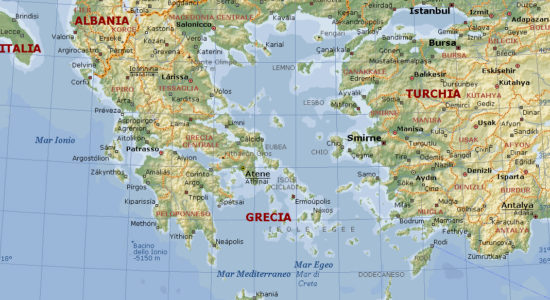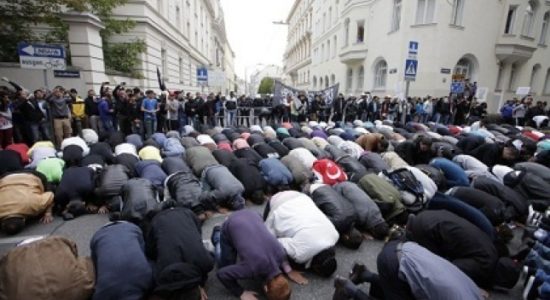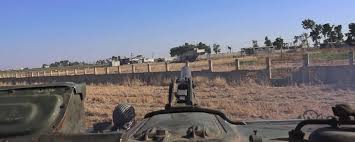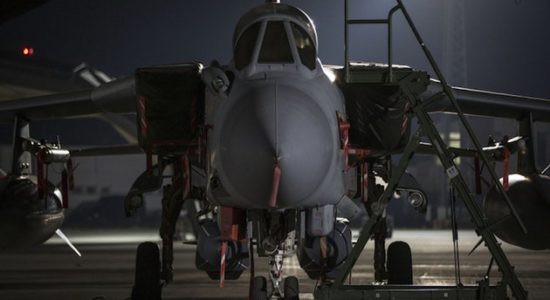Would it be easy to kick Iran out of Syria?
Following the US announcement of 12 demands for Iran, the bilateral relationship has shifted to a more aggressive stance, with a distinct chance of violent outbreak. The American call for Iran to withdraw its military and allied groups from Syria …

